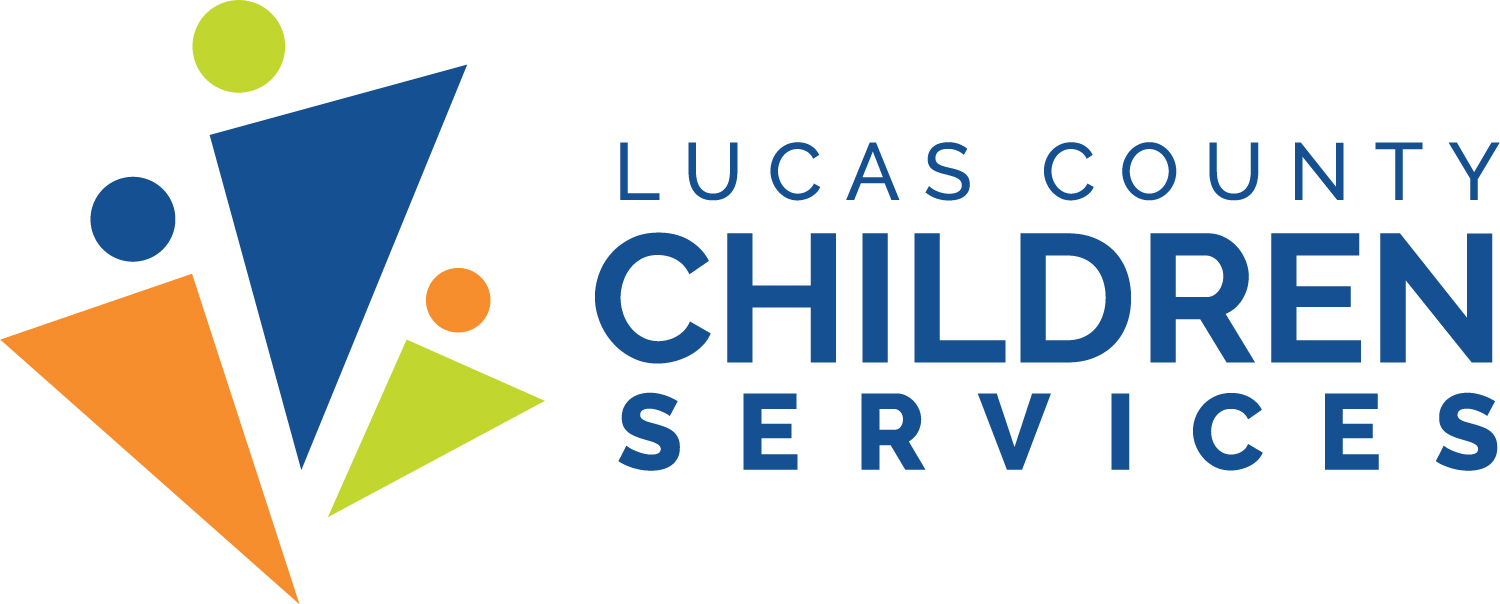What Do You Do?
We have all been there. Maybe you are at the mall, the grocery store, or the park and you hear the scream of a child’s cry or the angry slap of an adult.
Sadly, fifty percent of Americans do nothing and look the other way. Two in three Americans have witnessed emotional abuse, and three in ten have seen physical abuse of a child, according to a study done by Prevent Child Abuse America. Most people reported that they simply had no idea how to effectively respond. Those that said reacted reported that they either verbally reprimanded the adult, or gave them a disapproving look. Unfortunately, these people may have done more harm than good.
So is it better to simply ignore the abuse? What is the best response?
Intervention can be tough, especially in a public place. But passing by in silence gives the message that no one cares about the child’s suffering, and that we approve of the parent’s behavior.
Approach the scene as though you are empathetic to the adult’s situation. Assume the best, maybe the abuse is related to a difficult time in their life. Perhaps start a conversation with the adult by saying, “I know what you’re going through, my child gets upset like that, too.” Keep in mind that this is probably not typical behavior on the part of the parent, and that the adult may just be frustrated or stressed. Show the parent that you believe in their good intentions and you have a much better chance of being heard.
Sometimes it helps to divert the child’s attention. Talk to the child. Look for an opportunity to compliment the child or parent. Offer assistance if possible to give the parent a moment to calm down. Do not give the adult disapproving looks or negative remarks. These are likely to only make matters worse by increasing the parent’s anger.
Consider what type of response you would prefer if you were observed treating your child less than compassionately. You may walk away feeling as though you didn’t make a difference, but your intervention may have been just enough to diffuse the situation and prevent further harm. You’ve also let the child know that someone cared enough about him or her to step in. Perhaps the child’s parent will have some cross words for you, or will tell you to mind your own business – but isn’t it worth it if you have managed to have a positive impact?
Of course, if the situation is an emergency, call 911 immediately. Also, call the child abuse hotline at 419-213-CARE if you believe the child has been abused. If the family has a pattern of abuse, this can be important information. Children Services will need, at a minimum, the name of the child.
